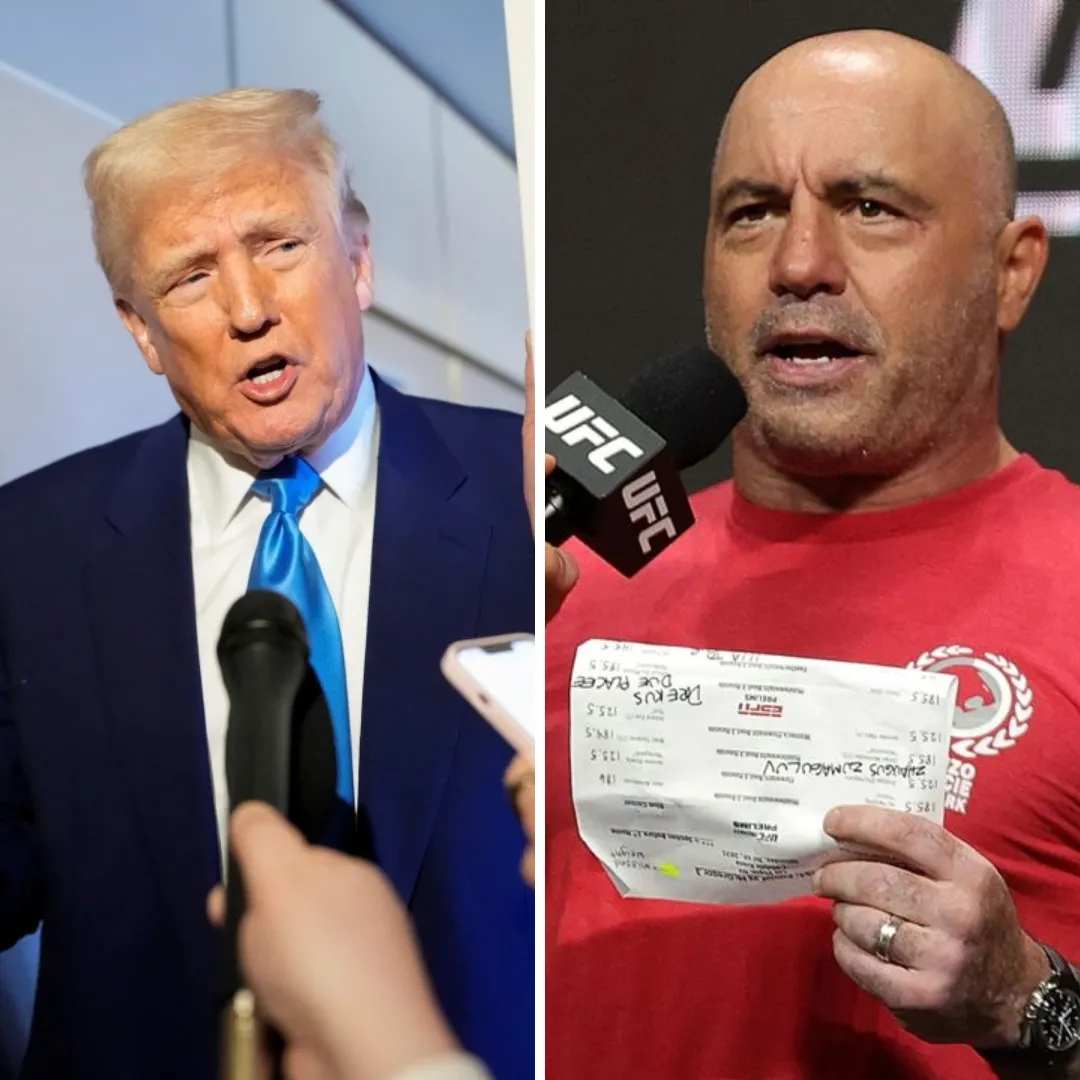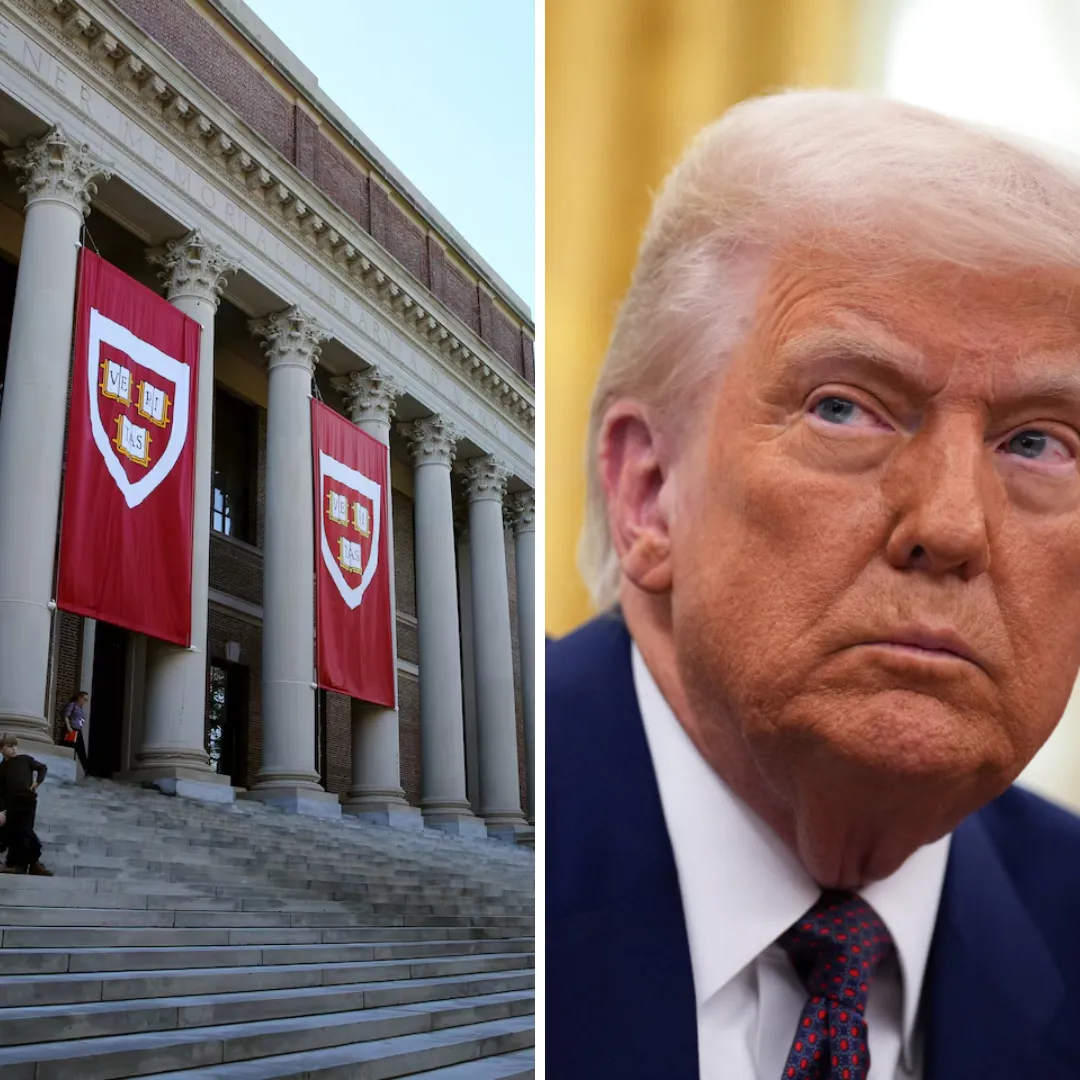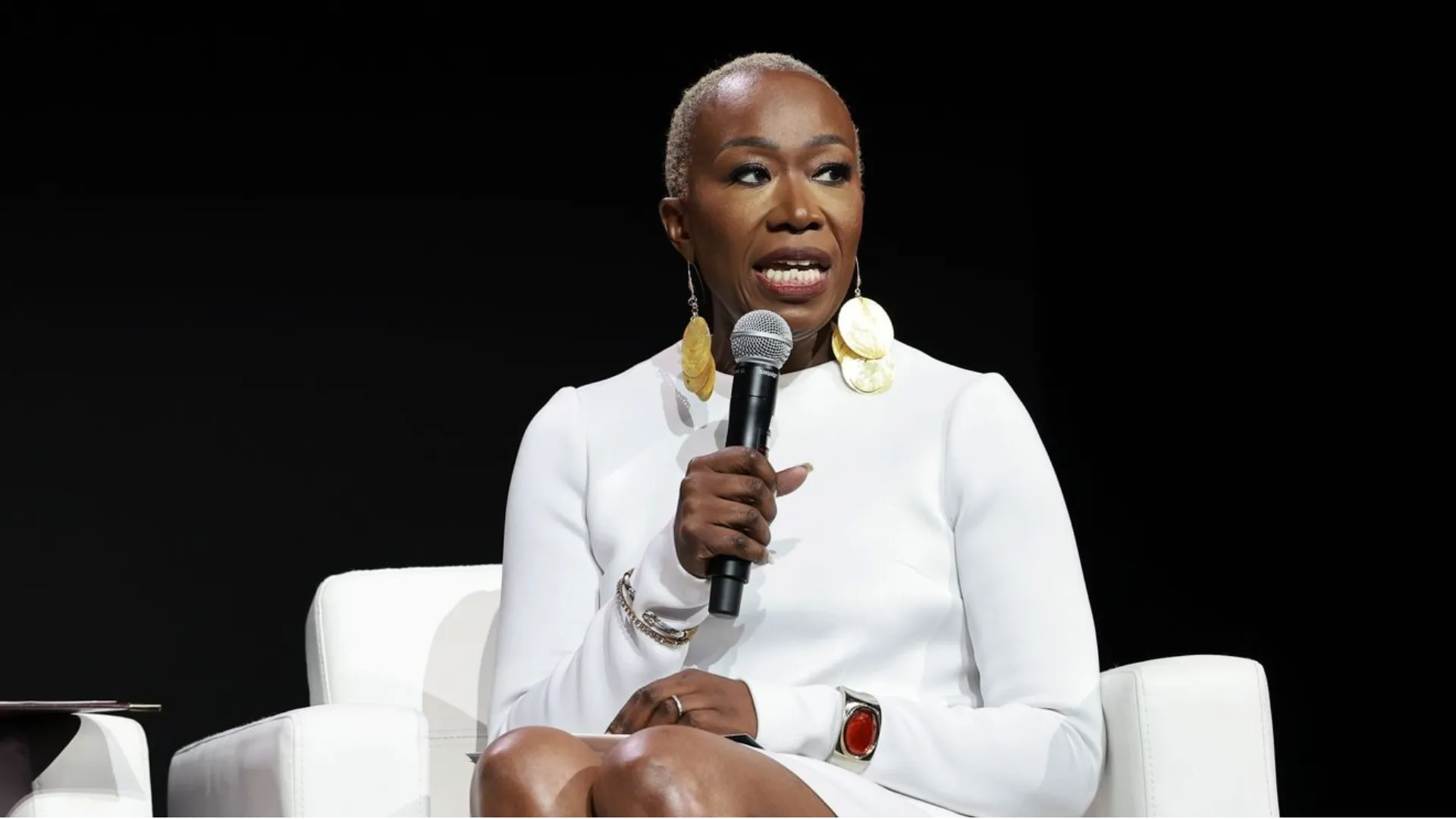
Meta, the parent company of Facebook and Instagram, has donated $1 million to President-elect Donald Trump’s inaugural fund, marking a significant step in mending its strained relationship with the former president. The tech giant confirmed the donation to CNN, following a report by The Wall Street Journal.
This move comes just two weeks after Meta CEO Mark Zuckerberg met privately with Trump at his Mar-a-Lago resort in Florida. The private meeting has sparked speculation about Zuckerberg’s intentions, with insiders suggesting he is seeking a more active role in shaping the tech policy of the incoming administration.
The donation, seen as a symbolic gesture of goodwill, marks a stark shift from Meta’s previous stance on Trump. Nearly four years ago, Meta banned Trump from its platforms following the January 6, 2021, attack on the U.S. Capitol.
The $1 million contribution is being viewed as a strategic move by Meta to restore its standing with Trump, who has repeatedly criticized major tech companies for their handling of conservative voices online.

While the ban on Trump’s accounts was seen as a stand against hate speech and disinformation, it also led to accusations that social media platforms were unfairly censoring conservative viewpoints. With Trump set to retake office, tech giants like Meta may be looking to avoid being targeted by regulatory scrutiny or new policies aimed at reining in Big Tech.
Sources familiar with the Mar-a-Lago meeting revealed that discussions between Zuckerberg and Trump centered on issues of free speech, content moderation, and the future role of social media platforms under the new administration.
Trump has long accused companies like Meta, Twitter (now known as X), and Google of having an anti-conservative bias, and his re-election could bring renewed scrutiny on how these platforms operate.
Critics have been quick to point out the apparent hypocrisy of Meta’s actions. Back in 2021, Zuckerberg defended the company's decision to suspend Trump’s accounts, citing his role in the January 6 insurrection.

At the time, the company framed the suspension as a necessary measure to prevent further violence and protect democracy. But now, with Trump poised to re-enter the White House, Meta’s sudden shift in approach is being seen as an attempt to get ahead of potential regulatory battles.
“Meta is clearly playing the long game,” said one tech industry analyst. “Zuckerberg knows that Trump’s administration will have the power to shape the future of Big Tech regulation, and he’s making sure Meta is on the right side of that conversation.”
The move has drawn criticism from civil rights advocates and former Meta employees who previously supported the company's hardline stance against Trump. Many see the donation as a blatant reversal of the company’s earlier position, calling it an act of self-preservation rather than a principled stand.
“Meta is putting profit over principles,” said one former employee who worked on the company's content moderation team. “They banned him to protect democracy, and now they’re donating millions to get back in his good graces.”
However, others argue that Meta’s decision is a pragmatic one. As Trump prepares to wield power once again, tech companies are seeking to avoid the kinds of costly legal battles and regulatory changes that could affect their bottom line.

By donating to Trump’s inaugural fund, Meta may be aiming to smooth over past conflicts and ensure its interests are represented in discussions about content moderation, online privacy, and tech industry oversight.
The timing of the donation is also noteworthy. Trump has recently renewed his calls for changes to Section 230 of the Communications Decency Act, a law that shields tech companies from liability for user-generated content.
Previous efforts to reform Section 230 failed during his first term, but with a second term approaching, the issue is back on the table. If Trump pursues changes to Section 230, platforms like Meta could be forced to take on greater responsibility for what users post, leading to significant operational and financial consequences.
While the $1 million donation has prompted backlash from some, it has also been seen as a calculated business move. Many corporations, not just Meta, have historically contributed to presidential inaugural funds as a way to build rapport with new administrations.
Unlike campaign donations, contributions to an inaugural fund are typically used for expenses like public events and ceremonies rather than direct political campaigns. However, given the history between Trump and Meta, this particular donation is being viewed as more than just a routine corporate contribution.
The donation has also raised questions about what Meta hopes to gain from its new relationship with Trump. Some speculate that Zuckerberg may be eyeing a seat at the table when it comes to drafting tech policy under the new administration.

Unlike his previous hands-off approach to government affairs, Zuckerberg appears to be taking a more direct role in shaping the future of content regulation and free speech online.
As Trump’s inauguration draws closer, the spotlight on Meta’s actions is unlikely to fade. With critics on both sides of the political spectrum watching closely, Meta’s relationship with the Trump administration will be closely scrutinized.
Whether the donation is seen as an act of reconciliation, a strategic business move, or a desperate attempt to avoid regulatory oversight, one thing is clear: Meta is positioning itself for survival in an era where Big Tech faces growing political pressure.



